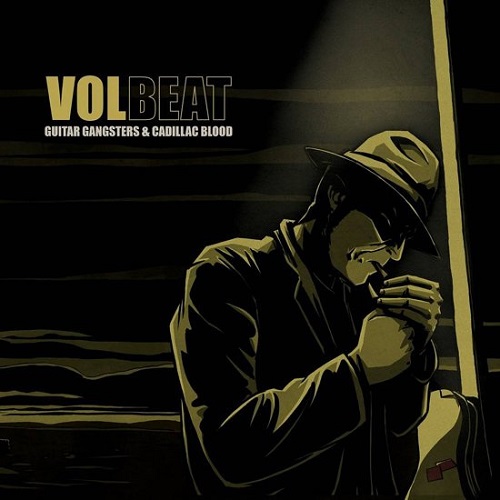Our high school won the State 4A football championship three years in a row. Our basketball team, which I was a part of, inversely ended the season with 16 losses and 0 wins. It's no surprise that the south runs the football end of sports (the Southeastern Conference has had teams win the National Championship consecutively since 2007). And as such, the southern culture tends to glorify football season. If you need any proof, just walk around campus any Saturday in September or October. Texas A&M has no official homecoming simply because every football game in Kyle Field is homecoming. Football is just the game of the south and its presence has been dominating in our culture. Autumn Saturdays are days where we can sit down on the couch, grab a plate of hot wings, and watch football games until we pass out. When I worked at a retail shop back home, my fellow coworkers and I would notice on how busy we weren't while the Dallas Cowboys were playing. In fact, the Brookshire's down the street actually managed their work schedule around the Cowboy's playing schedule: if the Cowboys were playing, they would have less people working.
However, the further north you go the less football centered each culture becomes. Basketball instead takes its place. For example, I have a friend who goes to school at Mizzou, and from what he tells me and posts on facebook, they go crazy over basketball up there. Just a few hours north of us has a completely different perspective on the topic. And while I have been to quite a few Texas A&M basketball games, I think it is safe to say that not only do they not match the intensity of the football games, they definitely do not match the dedication put into by the sport by the northern states.
Then there's poor baseball, which doesn't have a specific region that it can call it's threshold.
Sports have always been around as a pastime and a way to escape the burdens of everyday life. Do you think that sports have a dominating effect in our culture?
